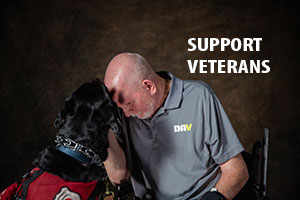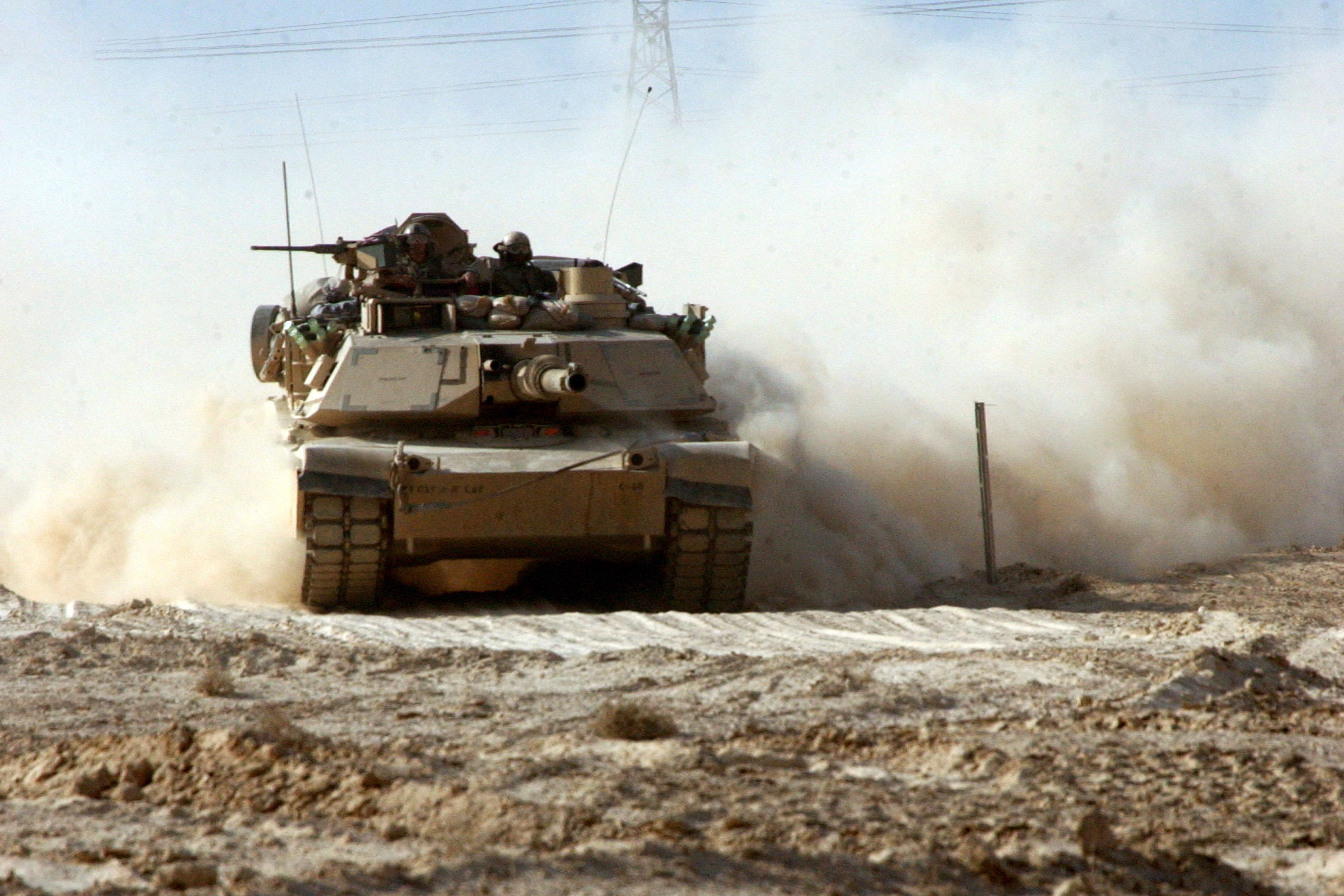Who is considered a Gulf War-era veteran?
In August 1990, Iraq President Saddam Hussein ordered the invasion and occupation of neighboring Kuwait. In response, then-U.S. President George H.W. Bush and NATO allies sent in troops to intervene as a part of Operation Desert Shield. Following Hussein’s refusal to withdraw from Kuwait, Operation Desert Storm, a U.S.-led air and ground offensive targeting Iraq’s military force, began.
More than 650,000 U.S. military personnel took part in the operations, which collectively lasted from Aug. 2, 1990, to July 31, 1991. For the purposes of benefits eligibility through the Department of Veterans Affairs, the Gulf War period is still in effect—meaning anyone who served on active duty from Aug. 2, 1990, to present is considered a Gulf War-era veteran.
What benefits are available for Gulf War veterans?
Benefits available for Gulf War veterans include but are not limited to disability compensation for disabilities, such as post-traumatic stress disorder and amputations; pension; education; health care; loans; and insurance. Many Desert Shield and Desert Storm veterans may be eligible for disability compensation for Gulf War illnesses (i.e., Gulf War Syndrome).
Learn more about Gulf War-era veterans benefits
What is Gulf War Syndrome?
Gulf War Syndrome, also known as Gulf War illnesses (GWI), comprises myriad complex symptoms and illnesses. GWI affects approximately 200,000 veterans of the 650,000 service members who served in operations Desert Shield and Desert Storm.
There are many likely causes, stemming from various exposures during the military operations. According to the U.S. Army Medical Research and Materiel Command in 2009, GWI can be narrowed down to three causes: chemical nerve agents, pesticides and pyridostigmine bromide pills.
Some symptoms and illnesses linked to GWI include chronic fatigue syndrome, fibromyalgia, gastrointestinal disorders, infectious diseases and other undiagnosed illnesses.
What diseases are associated with service in the Gulf War?
The VA recognizes that certain illnesses and diseases are presumed to be related to military service in the Gulf War, to include GWI, certain infectious diseases and amyotrophic lateral sclerosis (ALS) diagnosed in veterans with 90 or more days of continuous active service.
Learn more about presumptive Gulf War illnesses and diseases
Are Gulf War veterans eligible for compensation from the VA?
Along with the range of health care benefits and compensation reliefs available for all U.S. military veterans, Gulf War-era veterans may be entitled to VA disability compensation for diseases and illnesses presumed by the VA to be related to GWI.
If you are a Gulf War-era veterans and have specific, unexplainable symptoms lingering for six months or more, the VA presumes the symptoms are Gulf War service related. The presumptive illness must have appeared while a veteran was on active duty in the Gulf War region, or at latest by Dec. 31, 2021, and be, at minimum, 10 percent VA disability rated, to be able to receive disability compensation.
If they meet the requirements, veterans are eligible for special disability compensation and participation in the Airborne Hazards and Open Burn Pit Registry.
Additionally, Gulf War veterans who suffered a physical injury during their time in the military may also be eligible for health care and compensation benefits.
Learn more about presumptive Gulf War illnesses and diseases
Learn more about Gulf War-era veterans benefits
How can I apply for VA benefits?
Veterans of any era who were injured, fell ill or suffered a trauma during their time in the military may wish to file a claim for disability benefits through the VA to have that condition verified as service connected and become eligible for necessary health care coverage.
It can be helpful to enlist the help of a professional benefits expert to guide you through the process. Many, like those at DAV national service offices, provide their expertise and service at no cost to the service member, veteran, survivor or their family. Current military members looking for assistance as they separate from service can visit one of DAV’s transition service offices.
DAV also has over 1,200 local chapters and departments, and most are staffed by trained veteran experts who can help facilitate your claim.
What resources are available for veterans who struggle with Gulf War illnesses?










